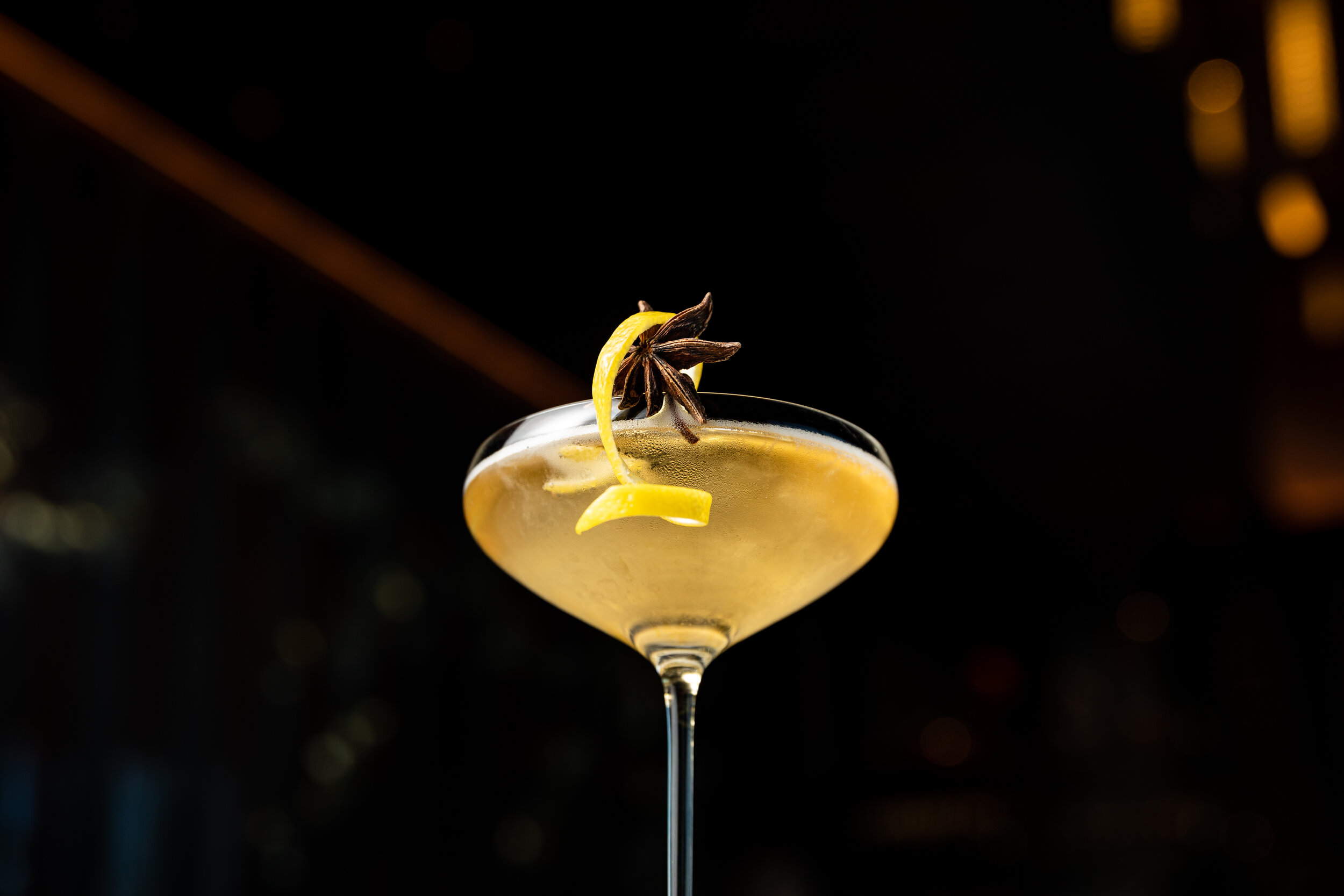I arrived early for my appointment with Hiroharu Ito, the owner/chef of Itosho, a Michelin star restaurant tucked in the backstreets of Tokyo’s Azabujuban neighborhood. In Japan it is important to be on time, but not 30 minutes early. I decided to wait in a small parking lot across from the restaurant and watched a gentleman sweep the street with a traditional wooden broom.
Five minutes before my scheduled arrival time, I gently knocked on Itosho’s unassuming door. Unsurprisingly, I was greeted by the same man who had swept out front. He introduced himself as Chef Ito, who for the last 40 years has served shojin ryori (Buddhist temple cuisine) from his modest restaurant.
I entered and was impressed with both Ito-san’s warm greeting and the refined atmosphere. The interior of Itosho is delicate with a stillness, an undercurrent of calm. Wooden beams and pillars meet tatami mats. Shoji screens serve as partitions and a kakijiku scroll resides in a tokonoma alcove, perfectly reflecting an idyllic Japan.
Itosho’s modest interior
Chef Hiroharu Ito
Chef Ito led me to a small room where I would photograph some of his signature dishes for an upcoming editorial in American Way, American Airline’s inflight magazine. But before preparing his culinary delights to be photographed, he produced an aged paper tube and pulled out clippings from the New York Times and other domestic newspapers highlighting his restaurant. Ito-san said that he was happy to have me so that others might learn about his approach to cuisine and so that he could add another clipping to his modest collection.
When I finished photographing the sample of Ito-san’s creations, he invited me to relax and quietly enjoy the food he had prepared. From zensai appetizers to soba noodles topped grated yams, suimono soup with chestnut dango dumplings to nasu no mizore (deep-fried eggplant covered with a layer of grated daikon symbolizing winter snow), one doesn’t need to be a vegetarian to appreciate the intention of each dish. Chef Ito’s signature plate, shojin-age. consists of vegetable and tofu morsels frosted with mochi pebbles and deep-fried to perfection. Sprinkled with salt, the flavors are just as profound as the principles of shojin ryori. Miraculously, chef Ito manages to transfer the state of zen onto his customer’s palate.
I could feel chef Ito watching me eat through a slit between the sliding shoji doors. I turned my head ever so slightly and met his gaze. He smiled gently, slowly bowed, and left me to savor the inner calm that his prized cuisine inspires. I was enamored by the subtle flavors and understand why many think that Itosho is one of Tokyo’s best-kept secrets.
American Way Magazine Tearsheets
Double page opener featuring Itosho’s delicately prepared shiitake (Tokyo, Japan)
Itosho’s shojin-age frosted with mochi (left)






